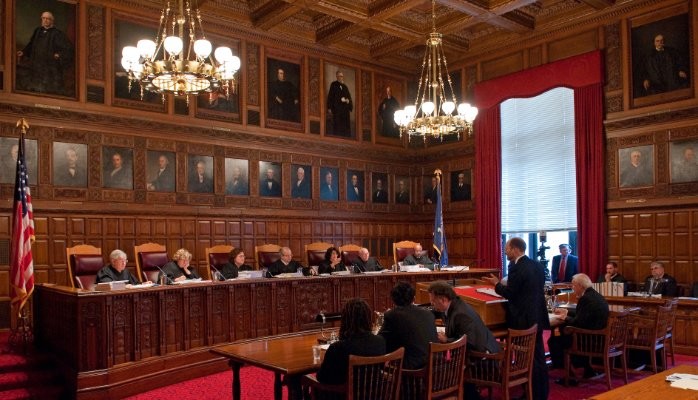
Discuss the competence and compellability of offficers of the court to testify
All witnesses, in both civil and criminal matters, are competent to testify. In other words, they have the mental ability to appreciate what they are saying. Thus, their testimony can be trusted. Only witnesses who are unable to appreciate the weight and consequence of what they are testifying to - for example individuals who suffer from a mental illness - are said not to be competent.
There are no statutory provisions which provide for whether or not children are deemed to be competent witnesses. In order to decide whether or not children's testimony is to be accepted, the court will look at if the child knows what it is to tell the truth, as well as if they can communicate effectively and have sufficient intelligence.
The testimony of a witness who is not competent cannot - under any circumstances - be heard by the court. Over and above this, either party to the suit is not able to consent to having this testimony heard.
All witnesses who are competent to testify are not - necessarily - compellable. In other words, witnesses who are not compellable cannot be forced to testify. For example, an accused person is competent to take the stand in his own trial but is not a compellable witness owing to his section 35 rights that are derived from the Constitution which state that he has a right against self-incrimination.
Officers of the court - in other words judges and magistrates - are not competent witnesses in the matters that they preside over. This is because of the nemo iudex in causa sua rule, which states that no one can be the judge in their own case. However, judges and magistrates can be competent and compellable witnesses in other matters regarding a case that they have presided over.
__________________________________________________________
As I am a law student, I take no responsibility for the accuracy of my article as this has not been checked by a practising legal expert. This is merely my interpretation based on the subject of this article.